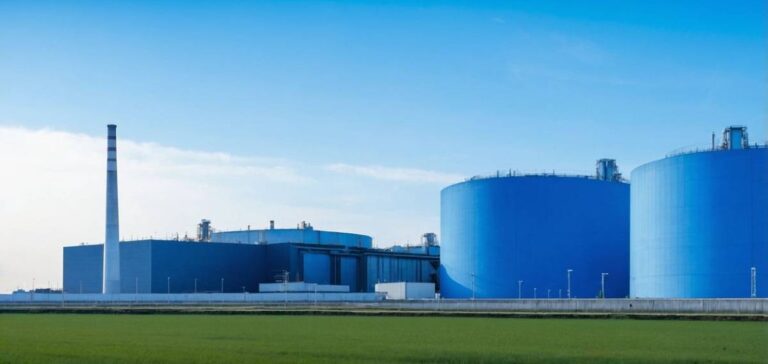The European Commission has given the green light to Belgian state aid aimed at extending the operation of the Doel 4 and Tihange 3 nuclear reactors, operated by subsidiaries of Engie and EDF, for ten years. This decision, announced on Friday, concludes the investigation launched last summer by Brussels to assess the compliance of this measure with European competition rules.
A necessary agreement in the face of the energy crisis
The Belgian government reached an agreement in 2023 with the operators of the two reactors, located near Antwerp and Liège, to ensure electricity supply continuity in the context of the war in Ukraine and energy market volatility. The European executive had initially expressed concerns about the potential impact of this support on competition and subsequently launched an in-depth investigation.
To secure the Commission’s approval, Belgium adjusted the financial terms of its intervention, notably by limiting its exposure to high costs in the event of unexpected electricity shortages. The Commission’s analysis concluded that these adjustments ensured the state support remained proportionate and minimised market distortions.
A new direction for Belgian energy policy
The extension of the two reactors marks a shift in Belgium’s energy policy. A law passed in 2003 had originally planned for the complete shutdown of the Belgian nuclear fleet by the end of 2025. However, the energy crisis and reliance on gas imports have led authorities to reassess their strategy.
Belgian Minister of Energy Mathieu Bihet welcomed the Commission’s decision, calling it a “key step for Belgium’s energy security and sovereignty.” Additionally, the new coalition led by Bart De Wever, in office since early February, plans to further expand the country’s nuclear capacity by extending other reactors and considering the construction of new facilities. However, these projects will require parliamentary approval before implementation.





















